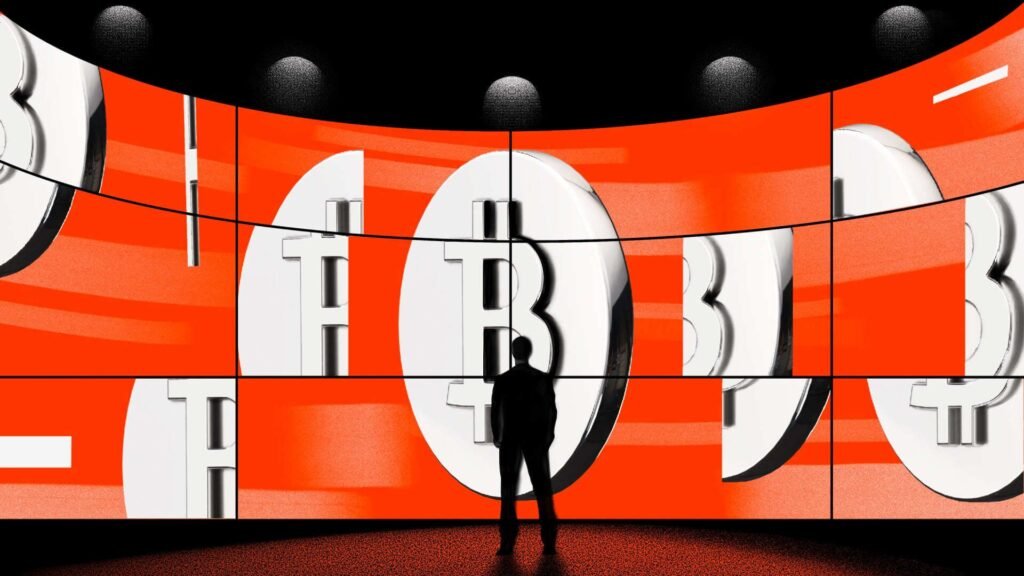The IMF confirms that it has not confirmed the purchase of new public sector Bitcoin by El Salvador, despite the government claiming daily accumulation
The Salvador government claimed that it was buying one bitcoin a day throughout 2025. However, the newly published IMF report directly contradicts these claims.
IMF reveals Bitcoin Bluff in El Salvador
A July 15 report, part of the IMF article IV Consulting and initial program review, reveals that El Salvador has not purchased new Bitcoin since its $1.4 billion expansion fund facility (EFF) was approved in December 2024.
“The overall inventory of Bitcoin held by the public sector has not changed since the program’s approval,” the IMF said.
Throughout the year, President Naive Buquere and El Salvador’s National Bitcoin Office continued to appear on social media that they accumulate Bitcoin per day.
Public wallets showed an increase in holdings, while government tweets strengthened the idea of continuing purchases.
On March 4th, Bukele posted that the daily Bitcoin purchase program is still active and will continue.
At about the same time, the Bitcoin office claimed its holdings exceeded 6,102 BTC. The media quoted these numbers. These were widely repeated in cipher circles.
However, the IMF exposed the story in an official program review.
What actually happened
According to the fund, the increase in Bitcoin wallet balance came from an internal movement between government-owned wallets, not a new purchase.
The integration of these wallets gave the illusion of purchasing, but did not reflect fresh market activity.
The report also revealed “small fluctuations” in the Bitcoin deposits of the government’s Kibo e-wallet. These were also addressed through internal corrective actions rather than additional public funding.
Simply put, there was no taxpayer money to buy more Bitcoin in 2025.
However, this contradiction raises serious questions about transparency and trust. El Salvador created a global headline in 2021 by adopting Bitcoin as its fiat currency.
However, in January 2025, the country reversed the course under pressure from international lenders, achieving a fragile financial position.
More specifically, it agreed to stripping Bitcoin of fiat status and not using public resources to earn more.
The new IMF findings confirm that El Salvador respects its financial commitment.
The fire was on fire
The IMF report also cited “minor deviations” of performance criteria due to irregularities in the Chivo system. The Salvadora government has agreed to end public sector involvement in the Tibo wallets in full by the end of July 2025.
The move is consistent with a broader push for financial transparency and market discipline under the fund-backed programme.
The government has also committed to releasing financial information for state-owned businesses and releasing Fidebitcoin, a public Bitcoin trust.
As the end of July deadline for Chivo to privatize approaches, the Bitcoin community will either see if El Salvador will continue or continue to spin the story in conflict with the facts.
Disclaimer
In compliance with Trust Project guidelines, Beincrypto is committed to reporting without bias and transparent. This news article is intended to provide accurate and timely information. However, we recommend that readers independently verify the facts and consult with experts before making decisions based on this content. Please note that our terms and conditions, privacy policy and disclaimer have been updated.

